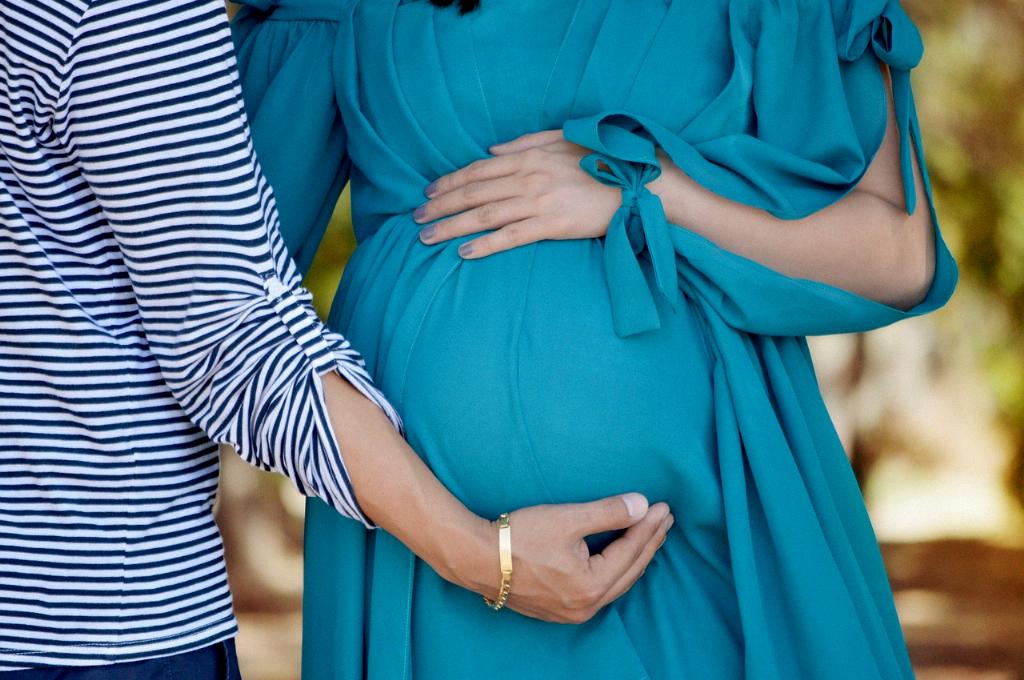During pregnancy, fatigue is a common experience that many expectant mothers face. It occurs due to the physical, hormonal, and emotional changes that take place in the body to support the growth and development of the fetus. One of the most significant periods for experiencing pregnancy fatigue is in the first trimester.
The first 12 weeks of pregnancy are crucial as this is the time when the body undergoes significant changes to accommodate the developing embryo. The body works tirelessly to create a suitable environment for the baby to grow, which requires a tremendous amount of energy. This high demand for energy can often lead to feelings of extreme tiredness and exhaustion.
One primary reason for the peak in pregnancy fatigue during the first trimester is the rapid growth of the placenta. The placenta is a vital organ that forms during early pregnancy and serves as a lifeline between the mother and the baby, providing essential nutrients and oxygen to support the baby’s growth. The process of placental development requires a substantial amount of resources and energy, contributing to the overall fatigue experienced by expectant mothers.
Additionally, the hormonal changes that occur in the body during early pregnancy can also play a significant role in triggering fatigue. The surge in hormones, such as progesterone, can have a sedative effect on the body, making expectant mothers feel more tired than usual. These hormonal fluctuations can disrupt normal sleep patterns and contribute to feelings of exhaustion.
Emotional factors can also contribute to pregnancy fatigue, especially during the first trimester. The initial stages of pregnancy can bring about a range of emotions, including excitement, anxiety, and stress, all of which can impact energy levels and contribute to feelings of fatigue. The combination of physical changes, hormonal fluctuations, and emotional stressors can create a perfect storm for experiencing peak fatigue during early pregnancy.
It’s essential for expectant mothers to listen to their bodies and prioritize self-care during this challenging time. Rest, relaxation, and proper nutrition are key to managing pregnancy fatigue. Seeking support from healthcare providers, family, and friends can also help alleviate some of the physical and emotional burden associated with fatigue during pregnancy.
As the pregnancy progresses into the second trimester, many women find that their energy levels begin to improve. The body has adapted to the initial changes, and the placenta is fully developed, reducing the strain on energy resources. The hormonal fluctuations also tend to stabilize, leading to a decrease in feelings of extreme fatigue for many expectant mothers.
However, it’s essential to remember that every pregnancy is unique, and individuals may experience fatigue at different times and to varying degrees. Some women may continue to feel tired throughout their pregnancy, while others may find that their energy levels fluctuate. It’s crucial to listen to your body, communicate with your healthcare provider, and take the necessary steps to ensure a healthy and comfortable pregnancy journey.
In conclusion, pregnancy fatigue typically peaks during the first trimester, particularly in the first 12 weeks. The combination of physical changes, hormonal fluctuations, and emotional stressors can contribute to feelings of extreme tiredness and exhaustion during this time. By understanding the factors that contribute to pregnancy fatigue and taking proactive steps to manage it, expectant mothers can navigate this challenging period with more comfort and confidence.

